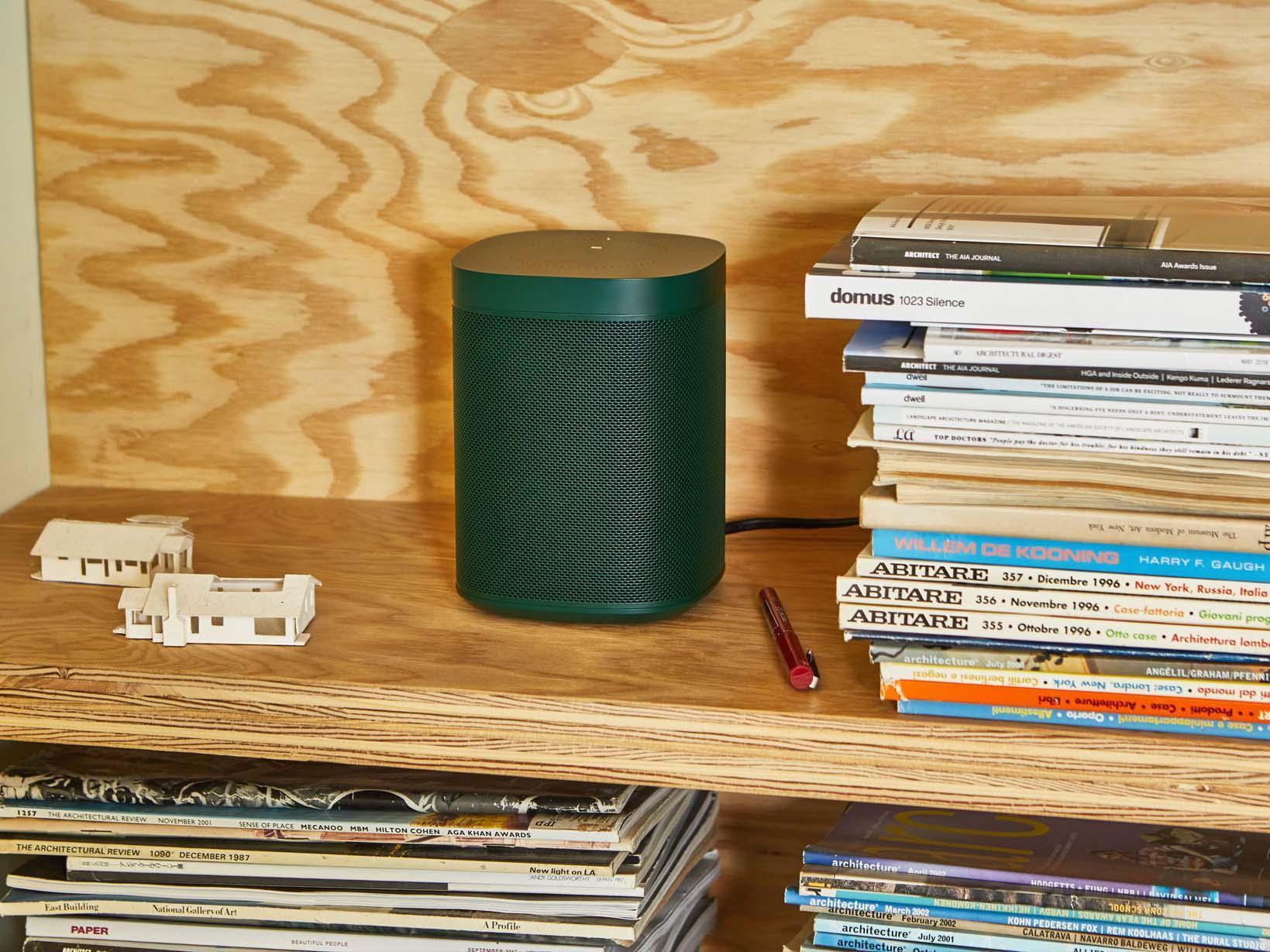If technology is going to take over our lives, it needs to be a bit more considerate
As computers start to watch our every move, drive our cars, control our heating, even construct our reality, the promise to respect and protect our privacy is not just nice, but necessary, says Andrew Griffin


If 2018 was the year we learnt to hate tech, then 2019 must be the year it hopes to win us back.
It might seem that recently the industry has given up on its aspirations to revolutionise knowledge and communications, and instead focused on sowing disinformation and monetising our private lives.
It was blamed for election results and mental health crises, finally changing the world on the scale its proponents promise – but not for the better.
As the new year begins, companies will be defined by their response to these challenges. It seems unlikely that the largest tech companies will rise or fall any time soon, but we will likely point to this time as the moment things changed.
The defining images of the technology industry in 2018 were not glitzy product launches or flashy new features.

They were Mark Zuckerberg ducking and dodging questions from the US congress – and outright avoiding them from our own parliament; Twitter CEO Jack Dorsey going on holiday to Myanmar, a country ravaged by a genocide experts say was enabled by social media; Tumblr apparently so unable to contain child sex abuse images on its platform that it banned nudity, destroying many of its most vibrant communities.
There are no signs of letting up in 2019, but, at the very least, efforts to police the worst of these behaviours might start to have some effect.
Companies are beginning to realise that regulation is not a matter of if but when and how much: Microsoft, for instance, asked for further regulation on the facial recognition software it has been developing for the US government, and even notoriously regulation-averse Facebook seemed to realise it would have to accept it eventually.
Such rules will be important as technology reaches even further into our lives: it has already moved off our desks, into our pockets and on to our wrists. In 2019 it could seep even further: into our glasses, houses, cars… and just about anywhere else we will let it.
If there is anything to caution against this, it is Facebook. Not content to be simply a social media platform, this year it launched Portal, a huge screen and camera for video chatting. It emerged at the same time as a series of data abuse scandals that served only to highlight the risks of giving big tech such control of your life.
Portal received a torrent of criticism and confusion. The product’s strange look and limited features were eventually entirely obscured by the simple fact that a company so criticised for doing everything it can to track you around the web had created a product that tracked you around your house. Was Facebook satirising itself? Regardless of whether the Portal was a good product, the damage was already done.

The flip side is Apple’s focus on privacy, which has sometimes looked a little perverse: it has refused to collect data users are happy to hand over, and it’s difficult not to link that decision with the relative weakness of some of its products, such as Siri. Yet it has spun the move as an ethical one – the company and CEO Tim Cook have argued it’s about human rights – which makes sense, given that it’s hard to see the technological or economic benefits.
With time the decision appears to be a smart one. If technology is going to take an even more intimate place in our lives – watching our every move, driving our cars, controlling our house, even constructing our reality – then the promise not to hoover up data at the same time is not just nice, but necessary.
Apple already has access to some of our most personal information, such as our heart rate, and is rumoured to be working on everything from electric vehicles to augmented reality glasses. That kind of intimacy requires trust.
Even companies that have committed to use data conscientiously, like Amazon with its Alexa voice assistant, have been dogged by fears that they are sharing information with the FBI, the NSA, or worse. If we are to give our trust to tech companies then they must prove themselves worthy of it: if they are to be let into our personal lives, then they must respect – and protect – our privacy.
With more money being spent on voice-powered tech than ever before, privacy could not be more important. But smart tech has made the wrong bet before, on technologies such as virtual reality that have failed to take off. If voice assistants are to avoid the same fate, they must focus on convincing us they’re not only useful, but trustworthy.
It might turn out that its killer feature is not so much a feature at all, but a lack of them. This year concern over addiction to social media and our smartphones reached a peak, and with that came a movement that could change our understanding of these products entirely, bringing more thoughtful approaches to the way we use them.
Apple and Google and even Facebook and Instagram have introduced “anti-features” that allow users to monitor, and limit, their screen time, and block apps entirely when it all gets too much.
Such features were introduced in the midst of findings that show phones and social media are making us miserable. As it turns out, the only way to keep us using them is to stop us using them… sometimes.

Voice power could be one way around this: a way of interacting with computers that is helpful without making us feel helpless, powerful without taking away our power. It is ambient, disappearing into the background of our lives rather than making us disappear.
It’s something that’s been recognised by companies like Sonos – the smart speaker firm that markets its cutting-edge technology more like furniture. The most reliable way of cutting down on screen time seems to be getting rid of screens. Who knew?
However they arrive, the successful products of 2019 are sure to be those that don’t make us use our devices more or less, but better; that are less about escaping our lives, and more about improving them.
Join our commenting forum
Join thought-provoking conversations, follow other Independent readers and see their replies
Comments